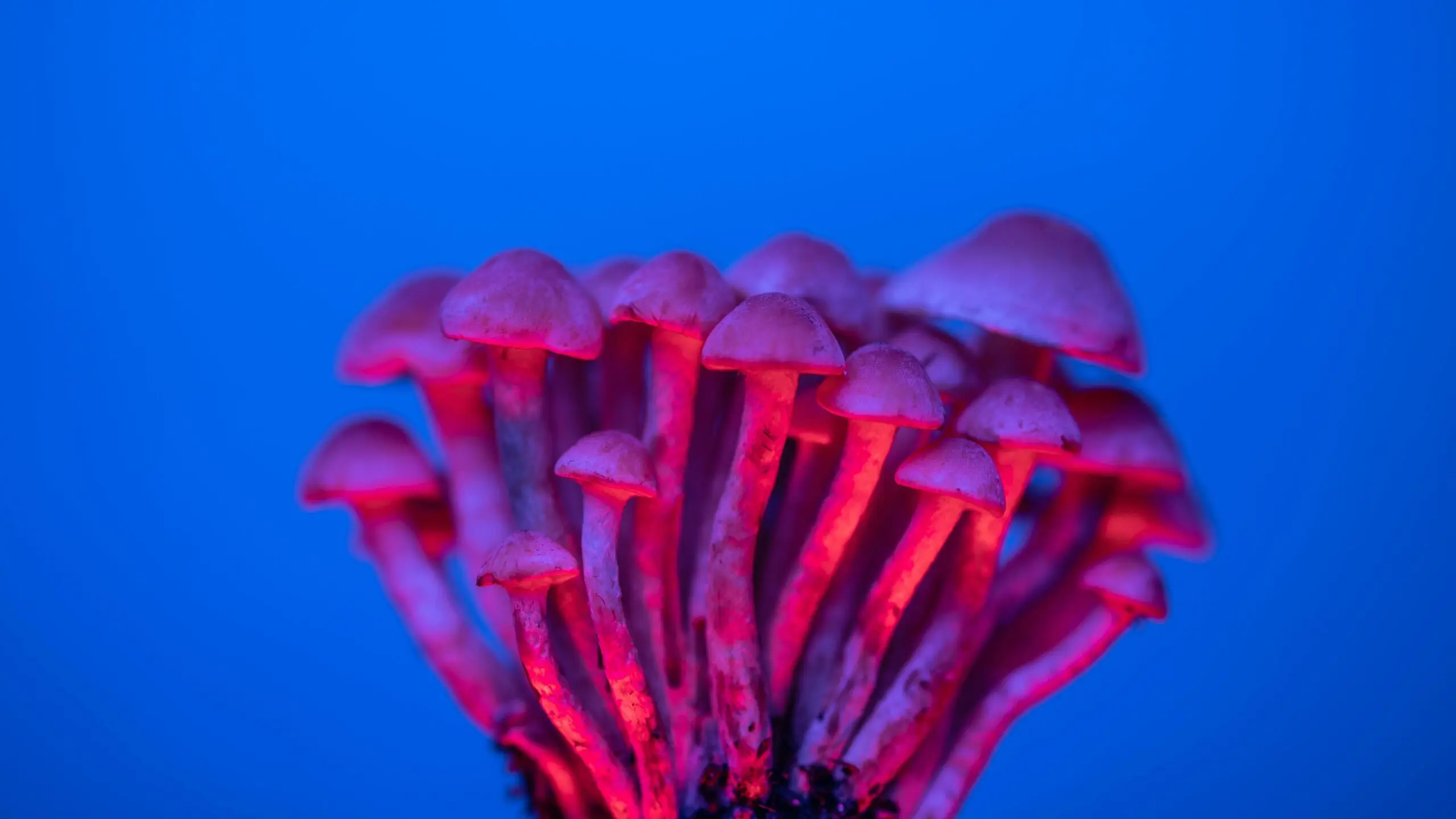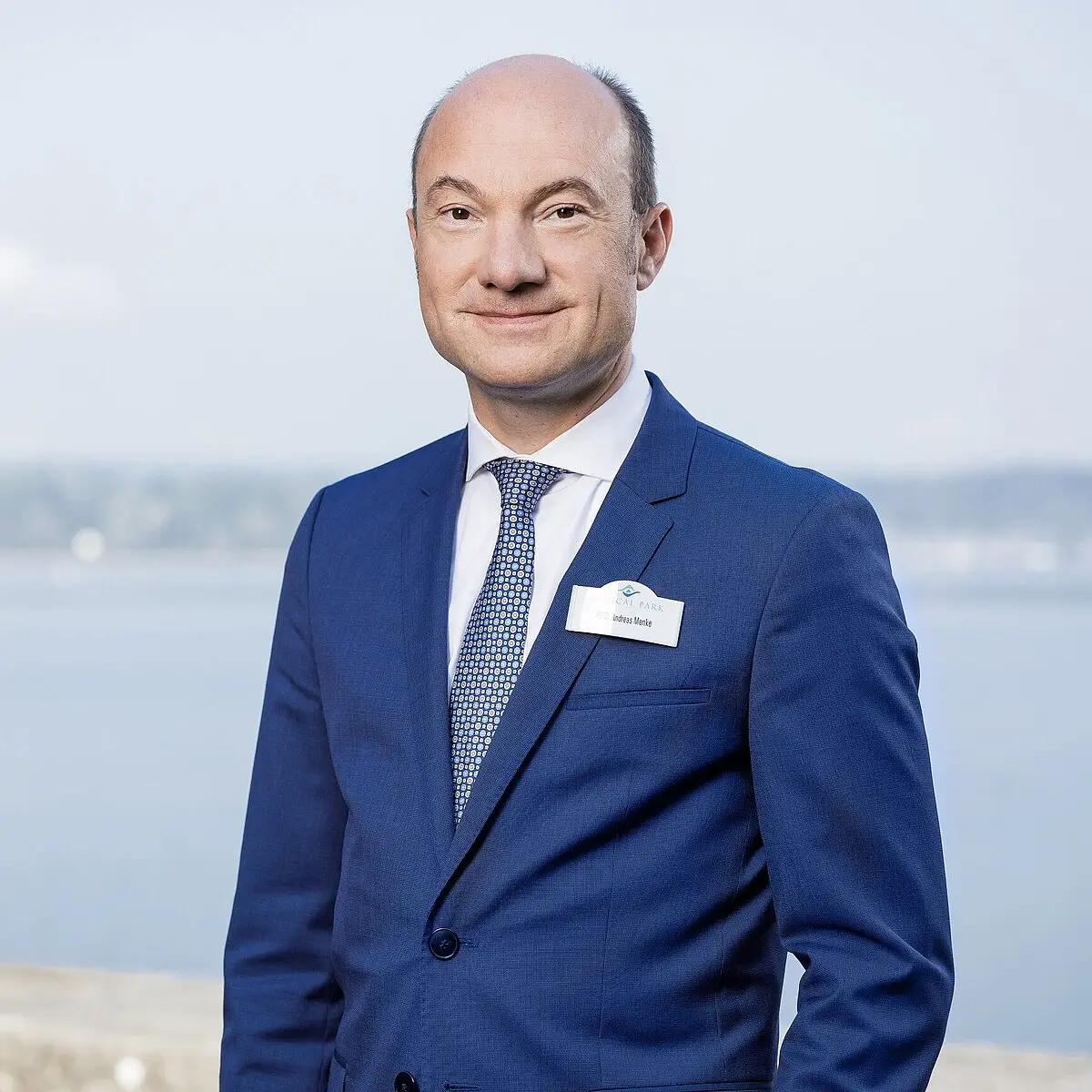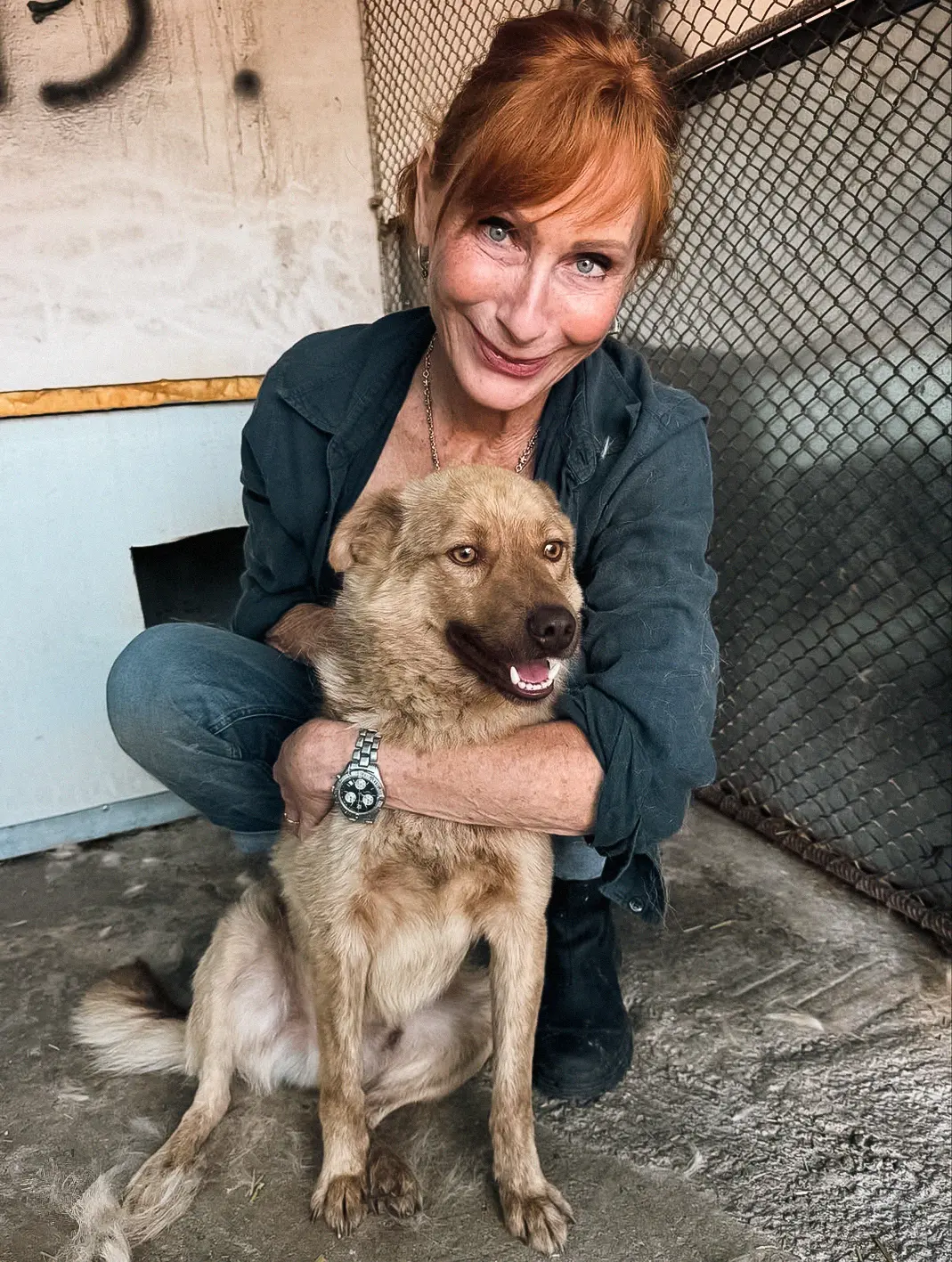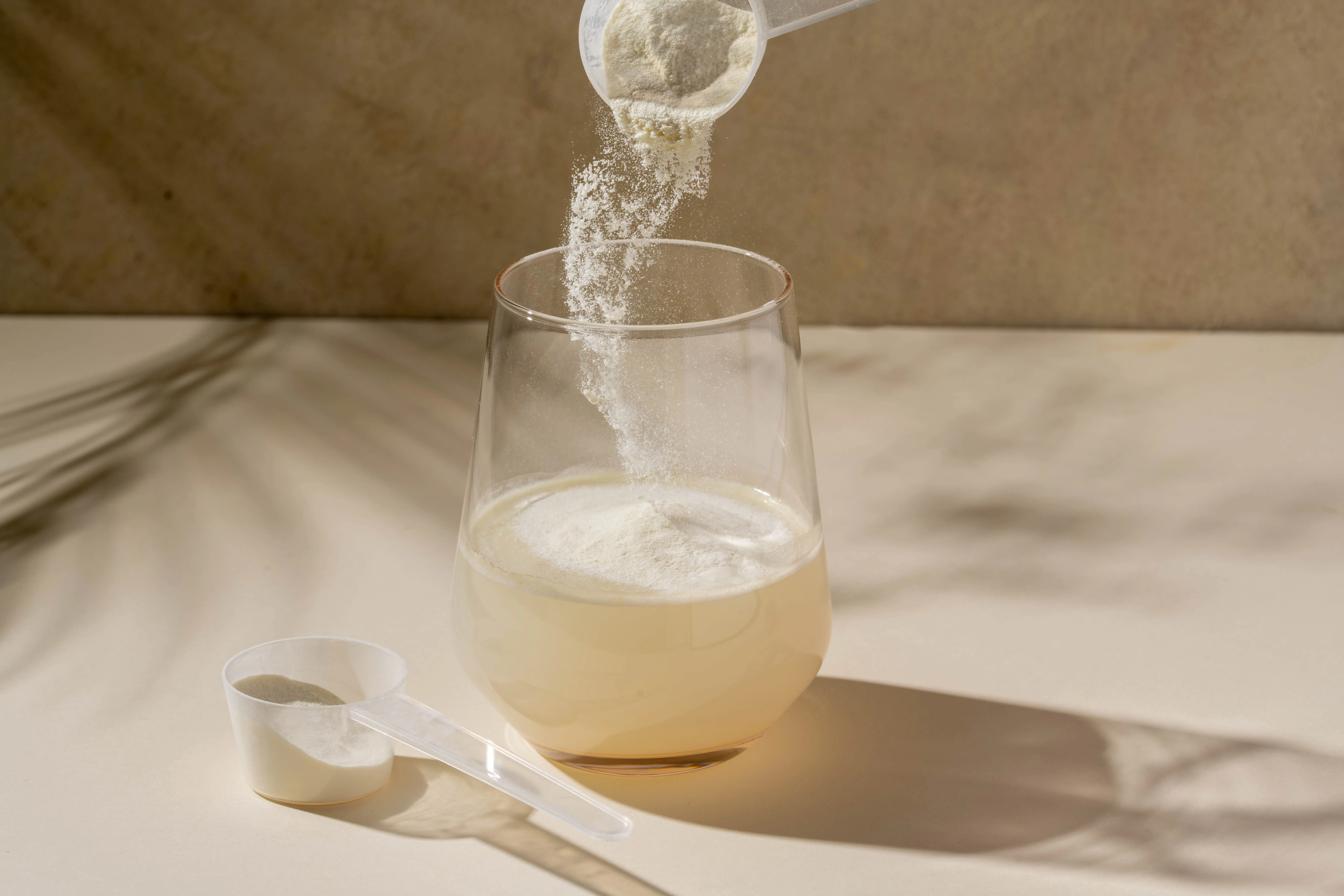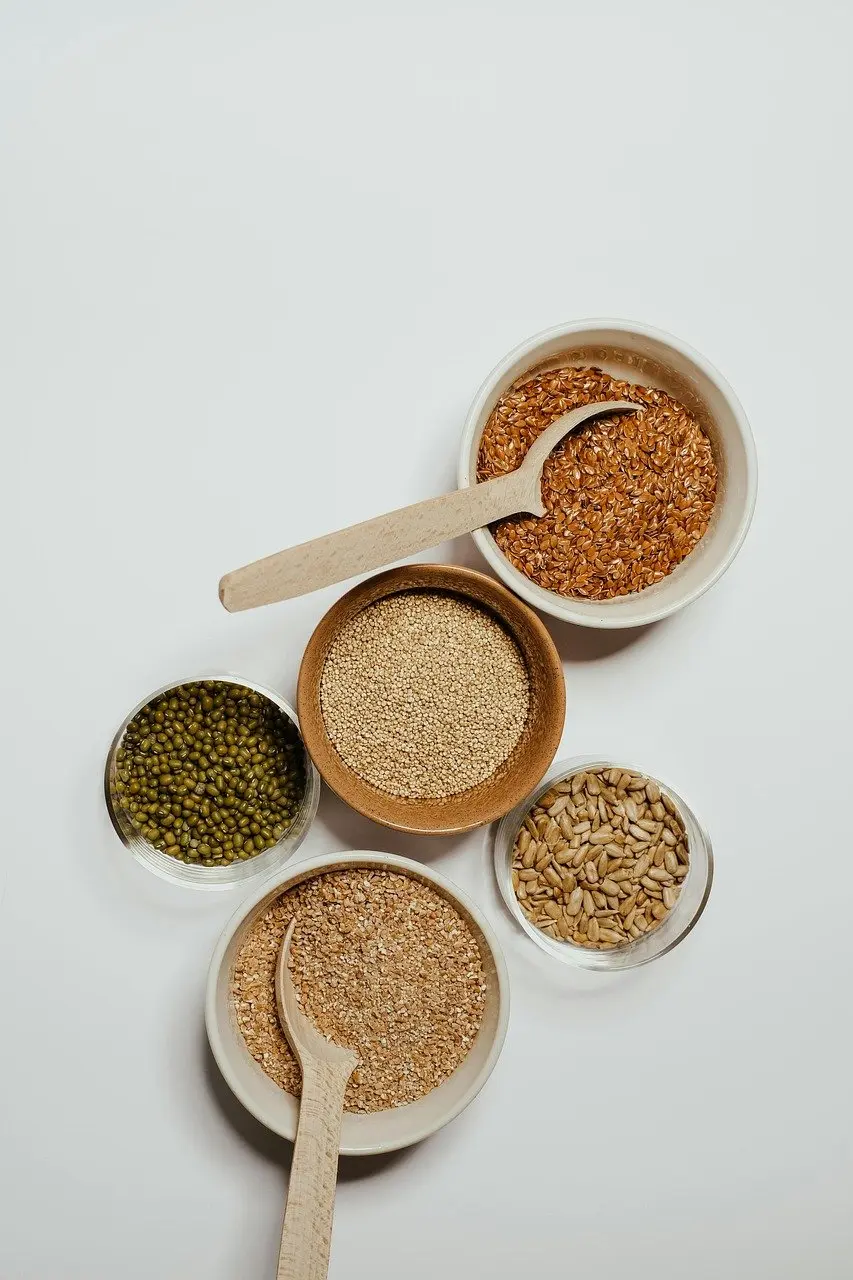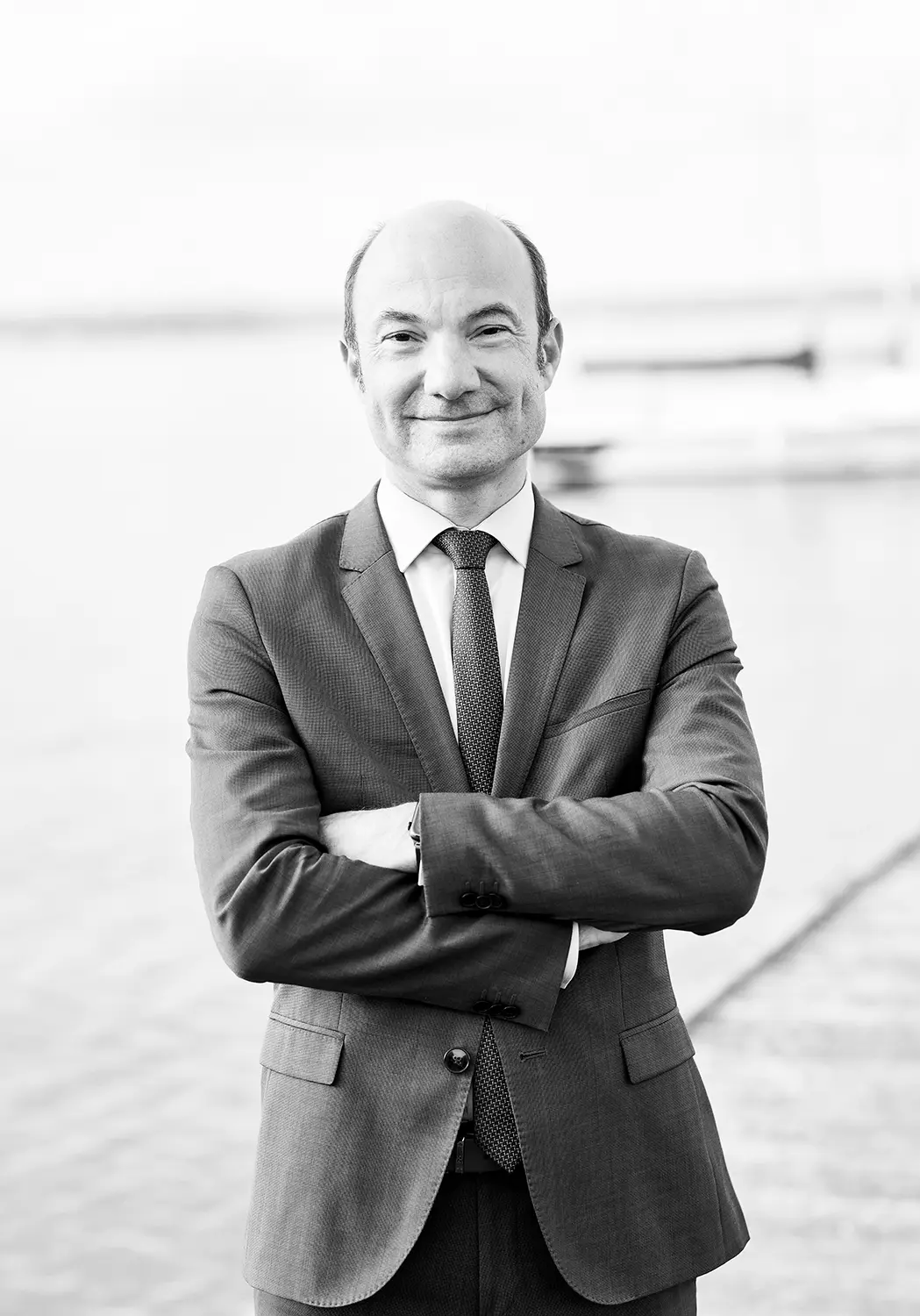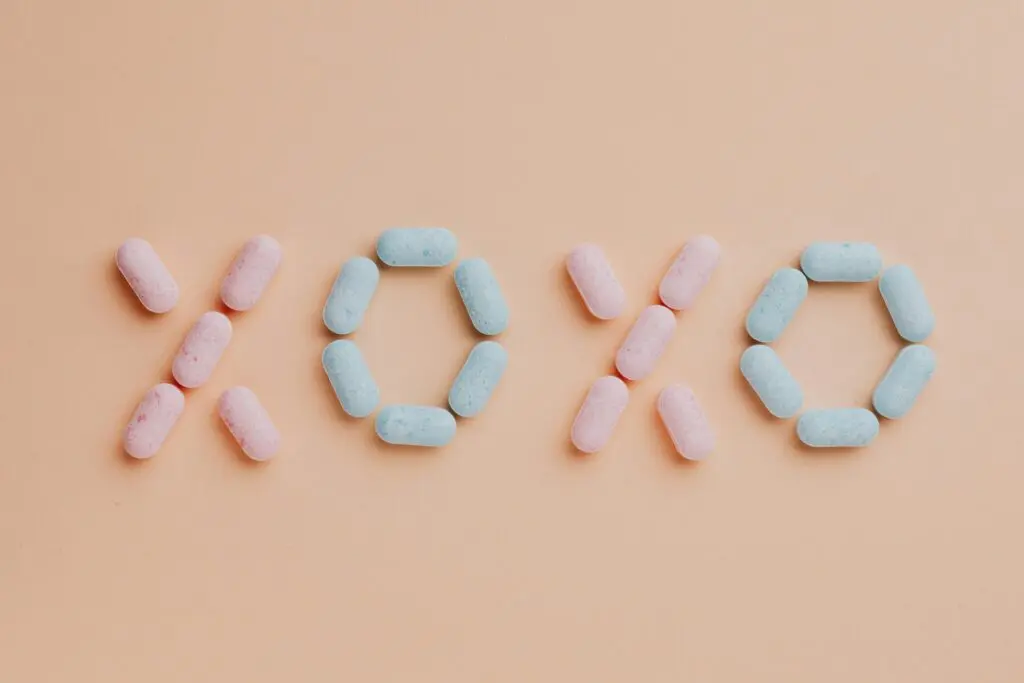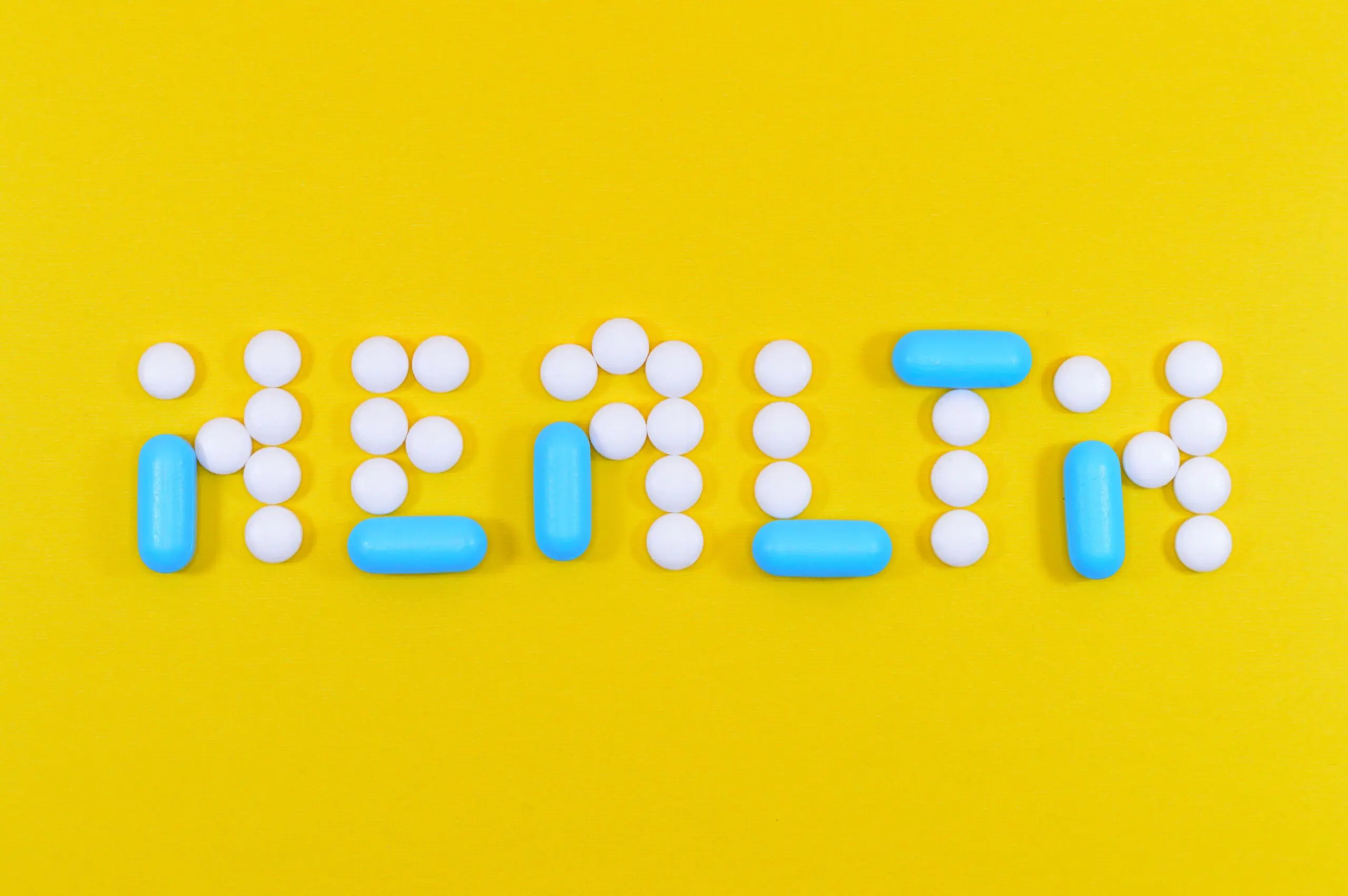Turning point in the treatment of depression? Psychedelics are experiencing a revival. What most know in connection with hippie culture could become a game-changer in the treatment of depression be. PQ author Margit Hiebl spoke with Prof. Dr. Andreas Menke about possibilities and risks. Prof. Dr. Andreas Menke . He is a specialist in psychiatry and psychotherapy and the medical director of the Medical Park Chiemseeblick, a specialist clinic for psychosomatic medicine and psychotherapy.
What is depression?
Depression is a mental illness - characterized by a depressed mood, reduced drive and reduced interest. This illness can also be so severe because it significantly affects all areas of life. In private life, because you withdraw, hardly maintain contact with friends and family. You also can't really work anymore - depression spreads like a black carpet over everything.
What are the first signs?
It often begins with concentration and memory problems or trouble falling asleep and staying asleep. Appetite can also change, either increasing or decreasing. Restlessness and tension can also occur. Feelings of guilt can arise. The most severe form leads to suicidality, where a person develops the thought or even takes the first steps to end their life.
Everyone has a low point sometimes... is that already depression?
Basically, a distinction is made between just being in a bad mood and having depression - even if people sometimes say "I'm depressed today" in everyday language. By definition, the depressed mood and reduced drive must persist for at least two weeks, with a certain number and severity of symptoms, otherwise I cannot diagnose it. If you're just sad and there's a reason for it, that's not yet depression.
How do you get depression?
On the one hand, there is a genetic predisposition of about 40 percent. However, there is no single depression gene, it's like a mosaic and each piece of the mosaic has, taken by itself, always a small effect. 60 percent are due to environmental factors.
Our conventional medications like antidepressants and antipsychotics also have psychoactive effects.
The main factor here is chronic, toxic stress: for example, at work, when you feel like you're in a hamster wheel. But also constant relationship conflicts, lack of sleep, financial problems, fear of losing your job. All this can lead to depression.
